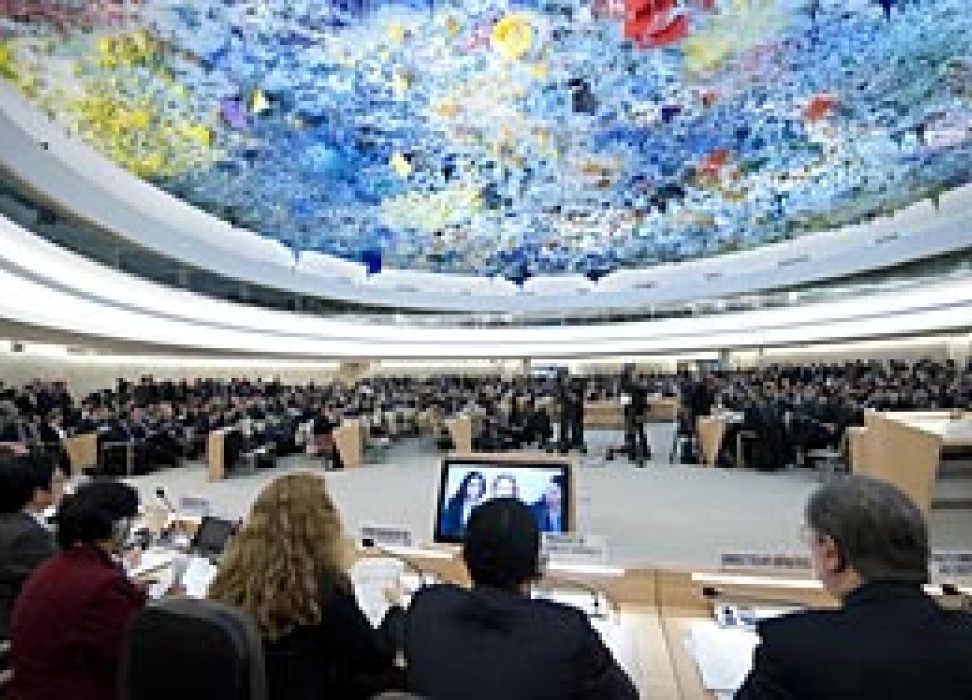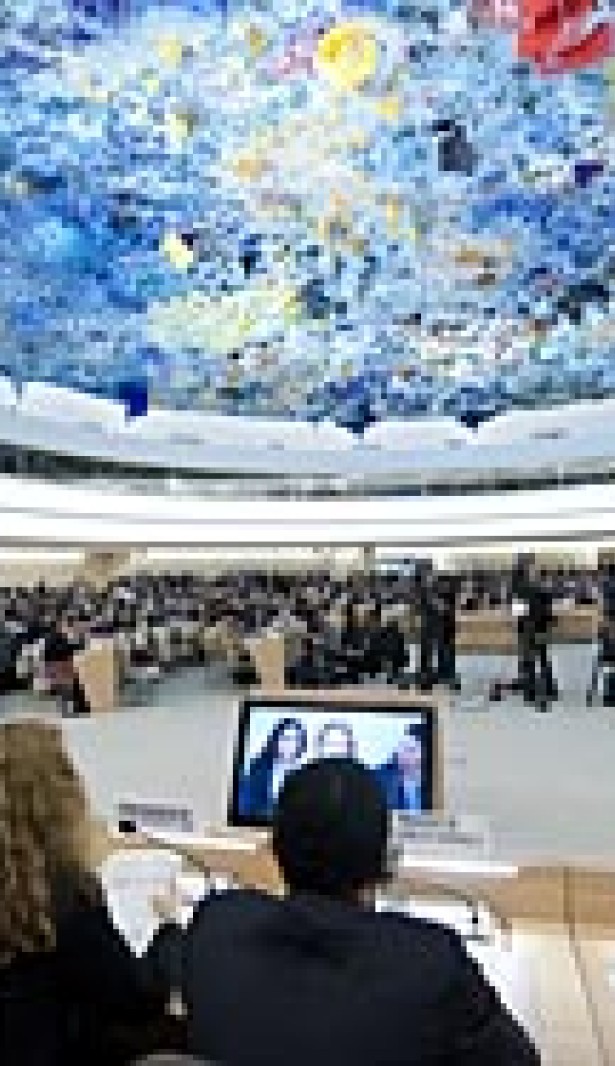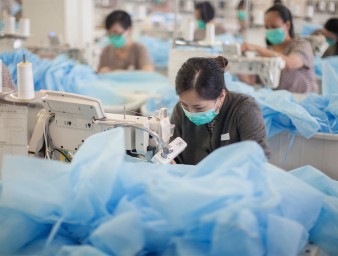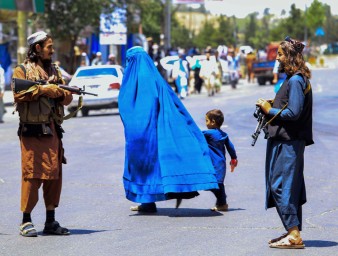The 19th session of the Human Rights Council opens in Geneva
27 février 2012

In her address to the Council, the High Commissioner for Human Rights Navi Pillay welcomed the decision of the Council to hold an urgent debate on the situation in Syria.
“People are demanding freedom: freedom from fear, and freedom from want,” Pillay said, referring to the global protests in support of political, social and economic rights. These movements have demonstrated, she said, that “human rights is as important a pillar of UN action as development and peace and security.”
She noted the increasing demands upon her office and pledged to continue supporting States as they make the difficult transition to democracy and the rule of law.
President of the Human Rights Council, Laura Dupuy Lasserre, Uruguay, announcing the urgent debate on Syria said she hoped this would “convey a strong and unanimous message from the international community condemning the violence and repression of legitimate popular demands for greater democratization and respect of human rights.”
“The humanitarian situation is critical,” Dupuy Lasserre said, “and we expect a positive response from the authorities to assist all of the people affected.”
Nassir Abdulaziz Al-Nasser, President of the UN General Assembly, Qatar, in his address said the work of the Council at this time had never been “as critical, pivotal or as pressing.” He also paid tribute to the Council for its response to several recent urgent human rights situations in various countries.
Pillay also highlighted the Council’s five special sessions on country situations between December 2010 and the end of 2011 and she noted that for the first time ever the Council had recommended suspension of one of its members.
Libya was suspended from the Human Rights Council by the UN General Assembly in March last year because of the Government’s violent crack-down on protesters. Its membership was restored in November following the fall of the Gaddafi regime.
The High Commissioner said although there are still those who remain skeptical of the Council, there have been significant achievements, chief among them the conclusion of the first round of the Universal Periodic Review. During this meeting of the Council, the UPR, the process by which all Member States have their human rights records regularly reviewed, concludes its first round. The UPR had already led to “positive legislative and policy change,” the High Commissioner said.
“The second cycle, during which implementation by States of their peers’ recommendations will be assessed will test the mechanism’s value and credibility,” she said.
Pillay urged Council Members to be “even-handed in its approach”. Whilst it had addressed some situation of serious human rights violations, there are others, she said, which also “merit its urgent consideration.”
“Importantly, it [the Council] has not developed ways to tackle States, including among its members,” she said, “which fail to cooperate with the Council… “
The March 2012 session of the Human Rights Council is one of its busiest ever with more than 80 government ministers expected to speak through the opening high level segment, more than a hundred side events scheduled and a range of debates being held on topics including sport and human rights, freedom of expression and the internet and human rights and HIV/AIDS.
27 February 2012




